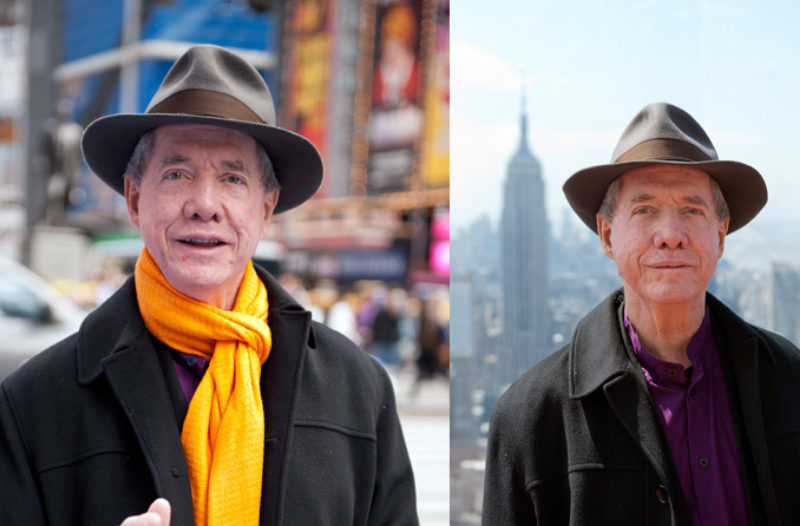Tomas Buckner

Like any respectable spokesman for the American avant-guard music, Thomas Buckner's voice moves in small concentric circles. He spoke as an amnesic spy for Robert Ashley, he sang his invented memory by “Blue” Gene Tyranny, he chanted for Jerome Cooper and Annea Lockwood, he confronted Alvin Lucier's oscillators, he sang with Kirili's sculptures, he accompanied Roscoe Mitchell's sax, and the list can go on ad infinitum. What transpires from his discography is a deep community feeling. It is well known that in the 60's and 70's many independent musicians have created collectives in order to pursue their experiments and improvisations; Robert Ashley's “ONCE Group”, Rhys Chatam's “The Kitchen”, Thomas Buckner's “1750 Arch” archival/recording studios, and many others. And this feeling is clearly perceived in all his video interviews, wherein he would rather talk about the others to the detriment of his ego. Generosity and a genuine curiosity for the other have made Buckner an icon in small communities of listeners, and young emerging musicians likewise.
A classically trained baritone, he managed to bring together many minimal composers and musicians in a perpetual improvisational flow. I dare to call him a minimal vocalist in contrast to another contemporary of his, namely the dramatic Briton baritone Phil Minton. Both are not estranged from literary and poetic texts, but their approach is different. Thomas Buckner is a soft, solemn, composed interpreter. Minton is harsh and feral. Buckner is minimal and subtle. Phil Minton is expressive/explosive. Thomas is melodic in the classical sense. Phil is “noisy”. To this duo, I would like to insert a third party in order to create a baritone triangle. His name is Scott Walker, whose late manner of singing is similar in timbre and inflexion to Buckner, but whose background music is harsh like Milton. From a certain perspective, Walker seems to be the point where Buckner and Milton intersect. However, each of these three baritones have developed a coherent personality that cannot be mistaken in the sea of vocalists.
Besides being an idiosyncratic vocalist he is also a promoter, the proof being his digital record label “Mutable Music”, and countless concerts and commissions. As mentioned earlier, his genuine curiosity for people and cultures enables his versatility. It is enough to have a look at some of the ensembles he performs with - Timeless Pulse (George Marsh, Pauline Oliveros, David Wessel, Jennifer Wilsey), Omegathorp (JD Parran, Mark Deutsch, Kevin Norton), Ilex (Gustavo Aguilar, Earl Howard, Wu Man), Quasar (saxophone quartet), L'Art Pour L'Art – or other performances including Mahler's “Songs of a Wayfarer” with the Philippine Philharmonic Orchestra and the world premiere of Francisco Feliciano's opera “Ashen Wings” in Manila, to grasp how wide his range of interests is.
Buckner is neither popular nor conformist, but the kind of performer that enjoys compositions that reflect the inner world of the artist, where free improvisation is likely to happen. “Improvement”, “eL/Aficionado”, “Atalanta”, “Concrete”, “Dust” (Robert Ashley's operas), “Totem” (with Jérôme Bourdellon), “Full spectrum voice”, “Homage”, are a few recommendations worth listening to, although not enough to reveal the complete spectrum of his voice.